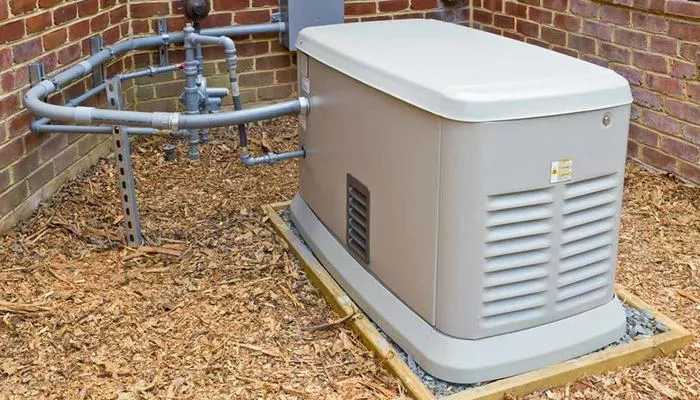When it comes to powering a 5000 square foot house, choosing the right generator size is crucial. A generator that’s too small won’t handle the electrical load, while an oversized one wastes fuel and money. The key is calculating your home’s total power requirements and selecting a generator that meets those needs without unnecessary excess.
Large homes typically have higher energy demands due to multiple appliances, HVAC systems, and possibly even luxury additions like heated pools or home theaters. To determine the correct generator size, you must consider both the starting (surge) and running (continuous) wattage of all essential devices.
Calculating Your Home’s Power Requirements
The first step is listing all the critical appliances and systems you want to power during an outage. This includes basics like refrigerators, lights, and HVAC units, as well as optional high-wattage items like electric water heaters or swimming pool pumps. For example:
Central Air Conditioning: 3000-5000 watts (starting), 1500-3000 watts (running)
Electric Furnace: 5000-10000 watts
Refrigerator: 800-1200 watts (starting), 150-300 watts (running)
Sump Pump: 1000-2000 watts (starting), 500-1000 watts (running)
Lights & Electronics: 1000-3000 watts total
Add up the running wattage of all devices you plan to use simultaneously, then identify the highest starting wattage among them. The generator’s rated wattage should cover the running total, while its surge capacity must handle the largest starting load.
Recommended Generator Size for a 5000 Sq Ft Home
For most 5000 sq ft homes, a 22kW to 48kW standby generator is ideal. Here’s why:
22kW-30kW Generators: Suitable for homes with moderate electrical needs, powering essentials like HVAC, refrigeration, and lighting. These units often run on natural gas or propane and are common for whole-house backup.
35kW-48kW Generators: Necessary for luxury homes with high-demand appliances, multiple HVAC zones, or additional features like elevators or large swimming pool systems.
Portable generators (10kW-20kW) may work for partial home backup but are not recommended for full-house coverage in a large home due to limited capacity and manual operation.
Fuel Type & Runtime Considerations
Generators for large homes typically run on natural gas, propane, or diesel. Each has pros and cons:
Natural Gas: Convenient if your home already has a gas line, offering unlimited runtime as long as the supply lasts. However, gas pressure may drop during widespread outages.
Propane: Stored in tanks, providing reliable power independent of utility gas lines. Requires refilling but offers stable energy output.
Diesel: High efficiency and long lifespan, ideal for prolonged outages. However, diesel generators are louder and require regular maintenance.
A well-sized standby generator should automatically kick in during a power outage and run for days if needed, especially in areas prone to long blackouts.
Installation & Professional Assessment
Installing a whole-house generator is not a DIY job. A licensed electrician or generator specialist should assess your home’s electrical panel, fuel source, and load requirements to ensure proper sizing and safe installation. They will also help with:
Automatic Transfer Switch (ATS) Setup: Ensures seamless transition from grid power to generator.
Local Code Compliance: Proper permits and safety regulations must be followed.
Noise and Placement Considerations: Standby generators should be installed away from windows and living areas to minimize disturbance.
Conclusion
Choosing the right generator for a 5000 sq ft home requires careful calculation of power needs and professional guidance. A 22kW-48kW standby generator is typically the best choice, ensuring your home stays powered during outages without overloading the system. Always consult an expert to tailor the solution to your specific household demands.

